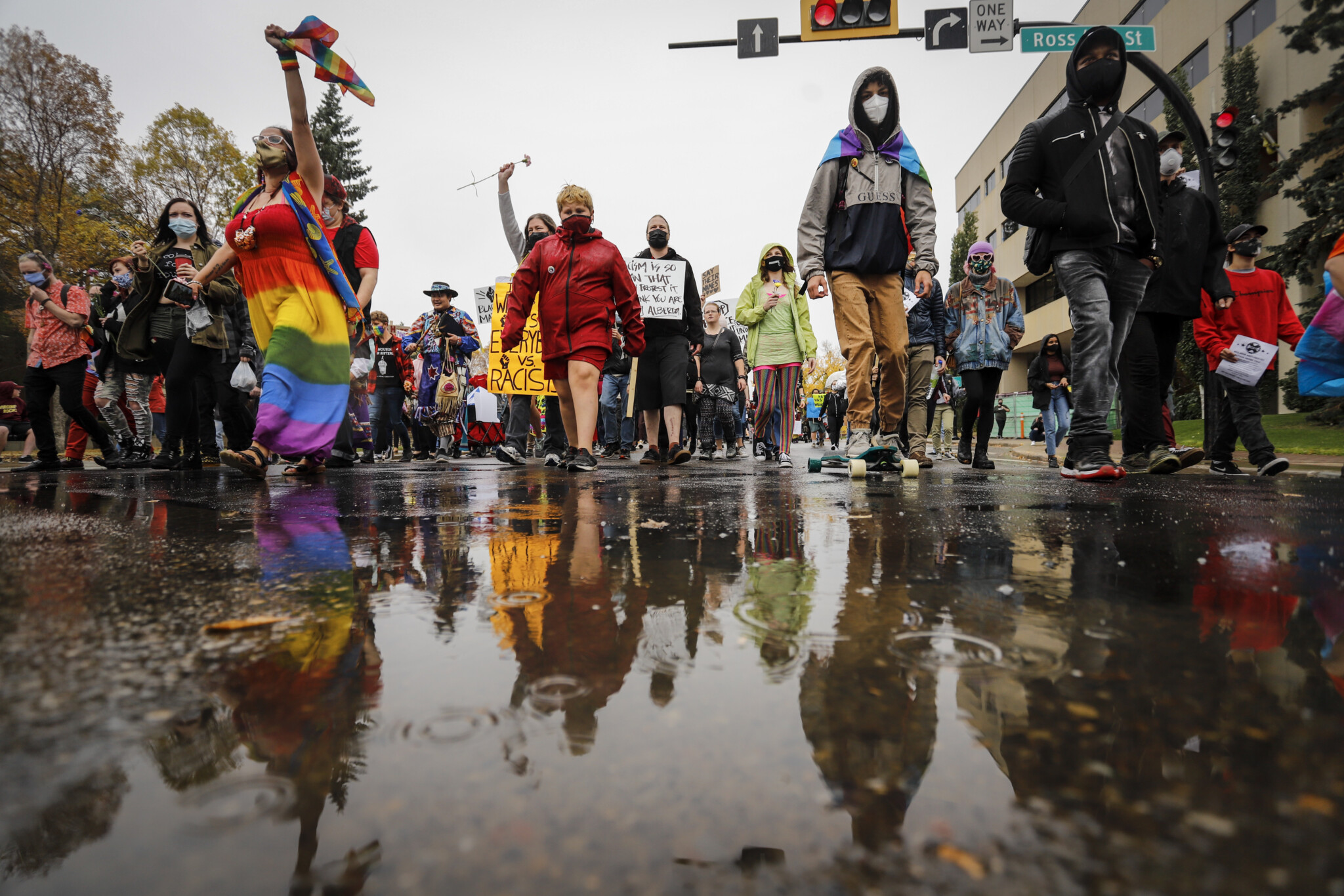Welcome to Need to Know, your Saturday dive into thought-provoking research from think tanks, academics, and leading policy thinkers in Canada and around the world, curated by The Hub. Here’s what’s got us thinking this week.
Is the era of “woke” over? In 2022, economist Tyler Cowen predicted that wokeism—a loose reference to progressive attitudes on social injustices, particularly around race, gender, and systemic inequalities—was peaking.
He may have been right. Corporations are beginning to end their diversity, equity, and inclusion (DEI) programs. In the wake of the U.S. presidential election results, there have been discussions among Democrats of the need for the to ditch its turn towards wokeism. Meanwhile, here in Canada, voters appear to be much more concerned about affordability rather than manning the barricades for progressive social causes. With all this in mind, this week, we take a look at some recent research that assesses the social costs of the turn to woke.
Is the “Great Awokening” over?
In a recent episode of the podcast “Conversations with Tyler,” sociologist Musa al-Gharbi discusses the dynamics of the “Great Awokening,” a term describing the surge in social justice activism among elites today. Al-Gharbi identifies this as the fourth such movement in U.S. history, with previous waves in the 1930s, 1960s, and late 1980s to early 1990s. He says these periods are the consequence of “elite overproduction,” where society generates more educated individuals than there are elite positions available, leading to status anxiety among these groups.
This anxiety prompts elites to adopt social justice causes, not solely out of genuine concern but also as a strategy to secure their status. Al-Gharbi notes that these movements have often coincided with broader societal hardships, creating a fertile ground for activism.
However, he argues that such movements typically wane without achieving substantial real change for marginalized communities. Instead, they often result in cultural conflicts that can inadvertently empower right-wing factions.
Al-Gharbi observes that the latest Great Awokening, peaking around 2021, is now in decline. He suggests that while these cycles of heightened social justice awareness bring certain issues to the forefront, they rarely lead to lasting structural reforms. The focus tends to remain on symbolic gestures rather than addressing systemic inequalities.









